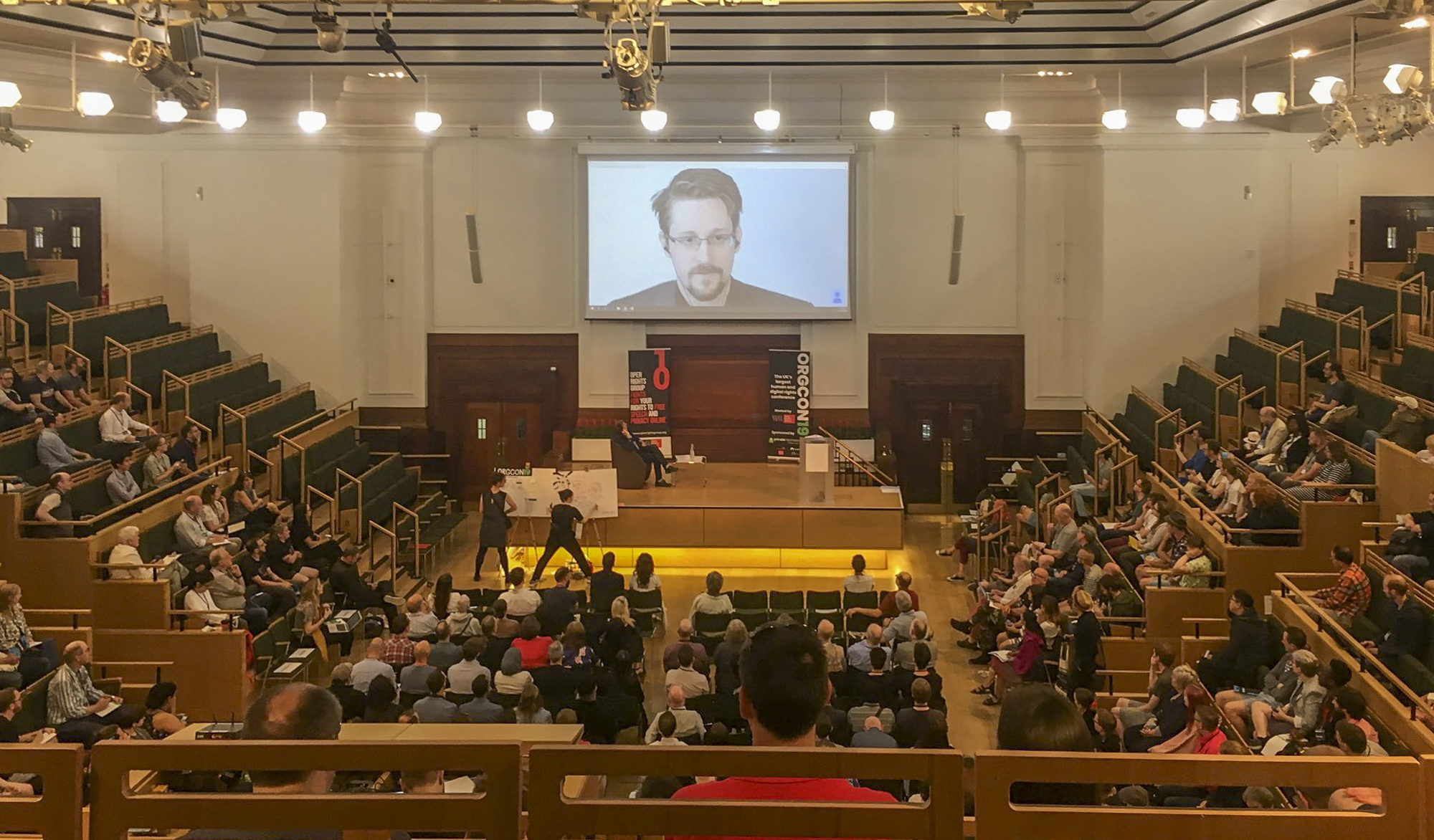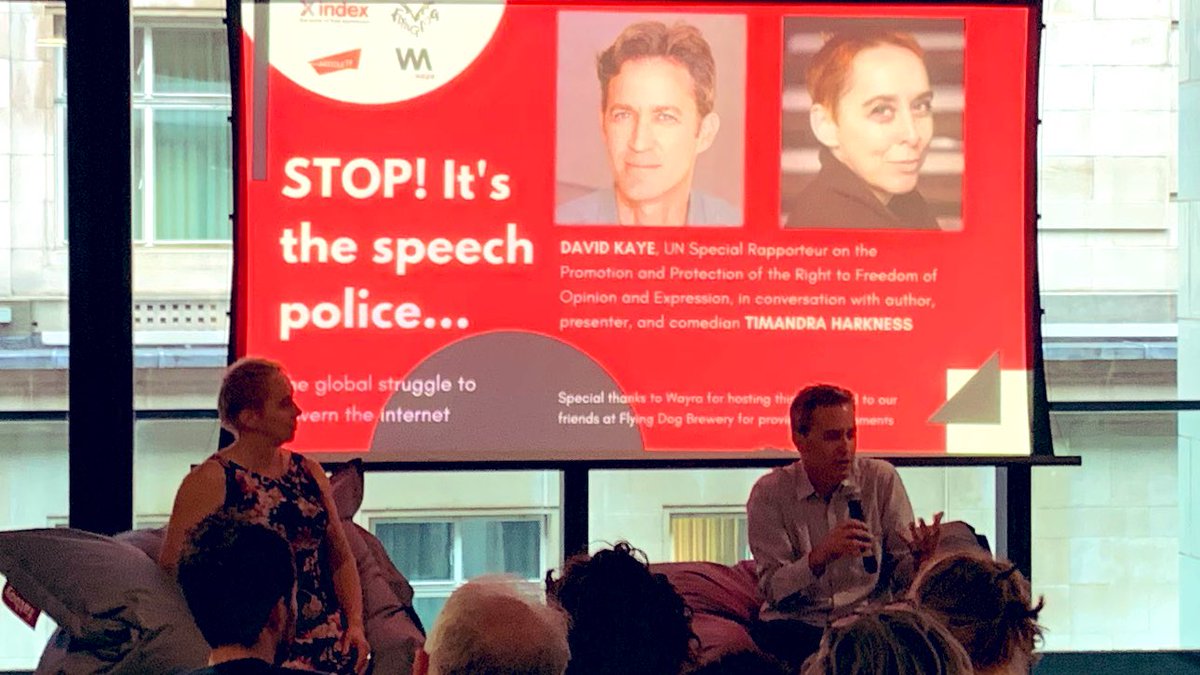Max Mosley has some ambitious ideas for the internet.
Speaking briefly at the Leveson Inquiry today, the former motorsports boss outlined his plans for the future regulation of the British press, on which Leveson will make recommendations this autumn. Mosley recommended a Press Commission to succeed the PCC and create the rules in addition to a Tribunal with statutory underpinning that would enforce said rules. The latter would be able to impose injunctions, and give reasonable notice before publishing certain stories unless there is a strong public interest in not doing so.
Having a rummage through his written proposal (available here) it’s his ideas for the web that stand out the most.
Mosley’s notion of a Tribunal, which would deal with privacy, defamation, harassment and accuracy, would have authority over “the full internet (subject to the necessary legislation)”. In addition to other powers, this would include a power to “suspend an individual’s access to the internet” as well as the “authority to deal with any post on the internet, even from an individual”.
The idea that the internet is a space that cannot be controlled, Mosley says, is “nonsense”, adding that users should obey the laws of their own countries.
Among some of the other provisions his idea of a “UK internet statute” could perhaps contain are:
- service providers must know the identity and address of their clients. All social media must know the identity of each user and the identity of the user’s service provider. The IP address alone is not enough; (…)
- search engines available to UK internet users should remove from their search results on demand any material which a court or Tribunal has found unlawful. It would be a defence if in a particular case the search engine could demonstrate that this was not possible for technical reasons;
- social media and service providers should warn their clients of the need to obey the law and make compliance with the law a contractual term, particularly in relation to privacy, defamation and on-line harassment.
“Our regulator must have the ability to deal with the internet, right down to micro level. This will increasingly be where the problems lie,” Mosley writes.
Of course there are some problems with the ease with which we can now communicate. It is easier to spit vitriol at or about others (and land yourself in jail for doing so, as Swansea student Liam Stacey did earlier this year). Like many children, I was bullied at school and shudder to think how much more alienating it would have been if Facebook were around to take it past the hometime bell. We tweet as easily as we speak with little regard for legislation such as libel or contempt. In an extreme and deplorable case in May, the rape victim of footballer Ched Evans was outed on Twitter, though in English law rape victims are granted anonymity under the Sexual Offences (Amendment) Act 1992. And in a more recent development, Derbyshire police are now investigating allegedly racist comments made on Twitter about footballer Ashley Cole.
Mosley suggests “a network of adjudicators” in “every large city” would be well-placed to solve problems of online abuse quickly. Yet how does he propose we set the parameters of policing online content? To refer every single person who has posted something ranging from moronic to actually damaging on any manner of social network to his Tribunal is, frankly, impractical.
Of course, there’s context to this. Mosley was at the centre of a 2008 News of the World splash which falsely reported him taking part in a “sick Nazi orgy” with five prostitutes. He sued the now-defunct tabloid for breach of privacy in 2009, but in May 2011 lost his bid impose a legal duty of prior notification, with the European Court of Human Rights ruling that such a system would have a “chilling effect” on the press.
Nor is he a huge fan of search engines. He told the Inquiry last November that he had started taking legal action against Google in France and Germany. He said:
The fundamental thing is that Google could stop this appearing but they don’t or won’t as a matter of principle (…) The really dangerous things are the search engines.
To which Leveson replied: “That’s part of the problem.”
Marta Cooper is an editorial researcher at Index. She tweets at @martaruco




